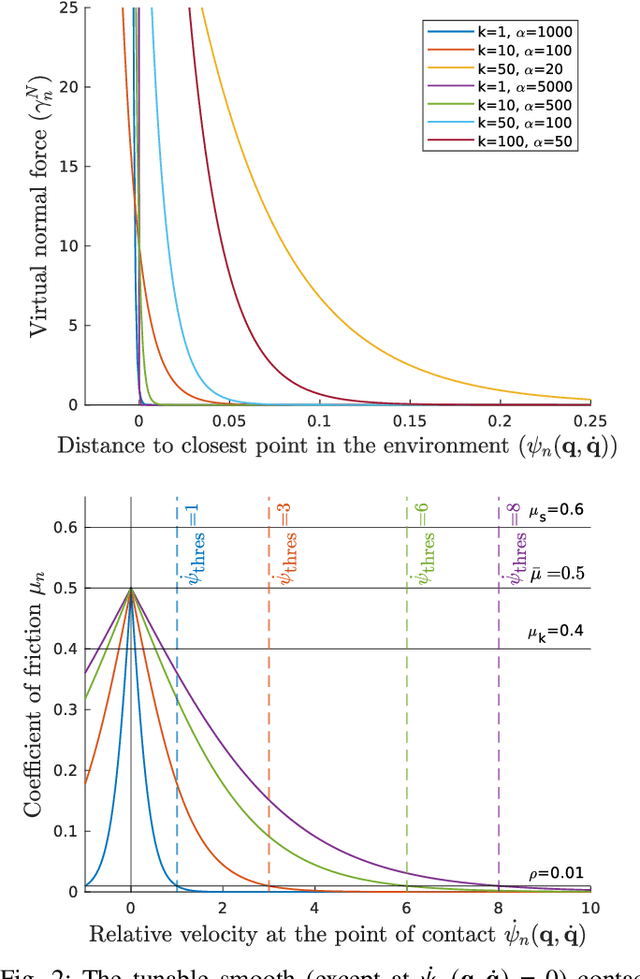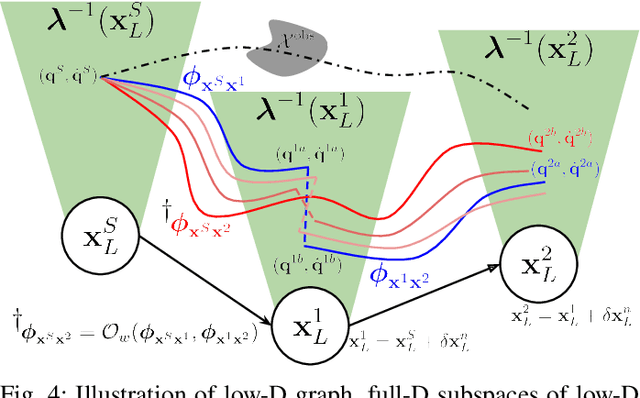Torque-Limited Manipulation Planning through Contact by Interleaving Graph Search and Trajectory Optimization
Paper and Code
Oct 16, 2022



Robots often have to perform manipulation tasks in close proximity to people. As such, it is desirable to use a robot arm that has limited joint torques so as to not injure the nearby person. Unfortunately, these limited torques then limit the payload capability of the arm. By using contact with the environment, robots can expand their reachable workspace that, otherwise, would be inaccessible due to exceeding actuator torque limits. We adapt our recently developed INSAT algorithm \cite{insat} to tackle the problem of torque-limited whole arm manipulation planning through contact. INSAT requires no prior over contact mode sequence and no initial template or seed for trajectory optimization. INSAT achieves this by interleaving graph search to explore the manipulator joint configuration space with incremental trajectory optimizations seeded by neighborhood solutions to find a dynamically feasible trajectory through contact. We demonstrate our results on a variety of manipulators and scenarios in simulation. We also experimentally show our planner exploiting robot-environment contact for the pick and place of a payload using a Kinova Gen3 robot. In comparison to the same trajectory running in free space, we experimentally show that the utilization of bracing contacts reduces the overall torque required to execute the trajectory.
 Add to Chrome
Add to Chrome Add to Firefox
Add to Firefox Add to Edge
Add to Edge